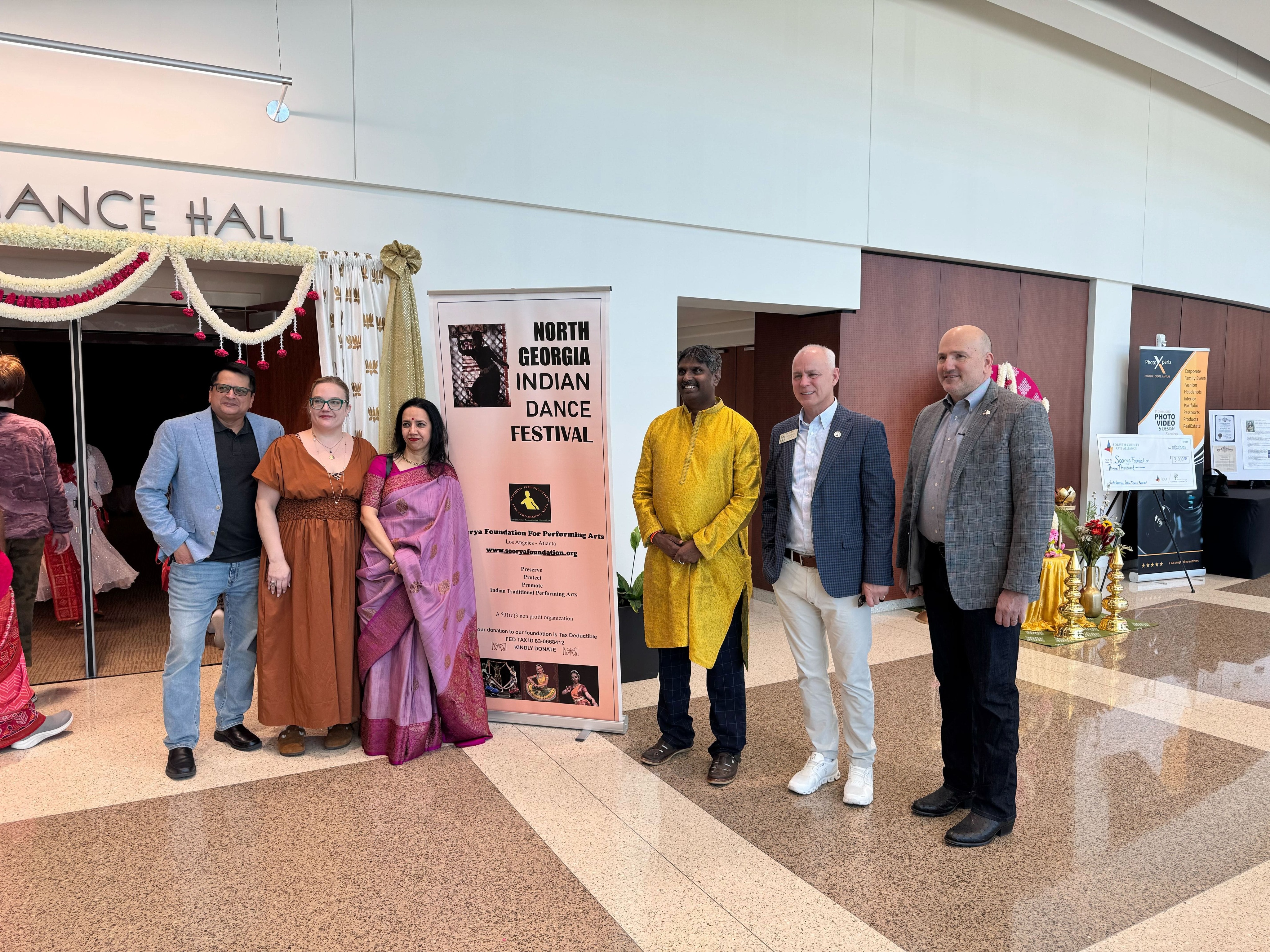Sunday Morning with the Broken Immigrant Dream
Filmmakers Ajai Vishwanath and Vinita Sud Belani discuss their award-winning film, ‘Starch,' with New India Abroad
 Ajai Vishwanath / Starch
Ajai Vishwanath / Starch
How do you tell the story of three generations coming together in under 15 minutes? Sydney, Australia-born filmmaker Ajai Vishwanath manages to do just that, evocatively capturing the pathos of an immigrant family struggling to establish themselves in a new land.
The Tamil film ‘Starch’ was the 2023 winner of the Best International Short Film at the Vancouver International South Asian Film Festival last month. Vishwanath also received two nominations for his screenplay.
Vinita Sud Belani, who plays a pivotal role in ‘Starch,’ is well-known in the theatre scene. Belani is the founder of Enacte, a San Francisco Bay Area-based theatre troupe which stages South Asian-focused plays around the US.
Vishwanath and Belani discussed their collaboration in an interview with New India Abroad. Here are the excerpts.
NIA: Ajai, what was the genesis for your film?
Ajai: Actually, I was trying to digitize old VHS tapes. When I was
looking at this footage, it reminded me of stories that they had told me about the times when they first moved to Australia in the early 90s. Two stories about my mum in particular stood out to me.
So when they moved to Australia, they lived in a sort of lower-income housing situation and didn't have a car in those early years. And there's a story that my dad tells about my mom stealing a shopping cart from her grocery store to take all the groceries home and sprinting away from angry shopkeepers who try to chase her down, which, if you met my mom now, is not the sort of person she is.
The second story that I remembered was about nights when there wasn't quite enough food to go around, Mum making sure that Dad and I and whoever else was around were fed, and her drinking the starch water that was left over from the cooking rice because it was thicker and would fill her belly to get her through the night.
It was a really interesting set of scenes around which to potentially write a film and tell a story about people moving to a new place and having to make some sacrifices morally and ethically to find ways to get by.
Vinita: There is an extreme beauty to this film. I'm just blown away by how somebody so young could handle the sensitivity of the great moral dilemma: Do you put your family first? Or do you put your morals first?
Everybody cries at the end of this film. It's just so sensitively portrayed.
NIA: One of the most beautiful things about this film is the intimacy that all of the characters have with one another, amid so much adversity. How did you create that?
Ajai: I think a huge amount of the credit belongs to the cast for the relationships they were able to form with each other, as people and as characters. For me, it was about creating an environment in which they could feel free and in which they could feel close to one another.
NIA: What do you hope viewers will take away from your film?
Vinita: I'm hoping that viewers will see that all stories are universal because everybody's been an immigrant at some point. The story is universal.
I would also love for people to think about creating a little bit of compassion in their interaction with people because we don't know what's driving people to make decisions. If we stop to think about why people are doing it and think about the why with compassion, I think we'll start to live in a better world.
Ajai: A film like this, I hope, demonstrates that the little moments in day-to-day life can be of life-changing significance, and a moment of compassion or a moment of understanding can change the trajectory of a family's entire life in a new place.




.jpg)
.png)

.webp)
.png)



.jpg)




Comments
Start the conversation
Become a member of New India Abroad to start commenting.
Sign Up Now
Already have an account? Login